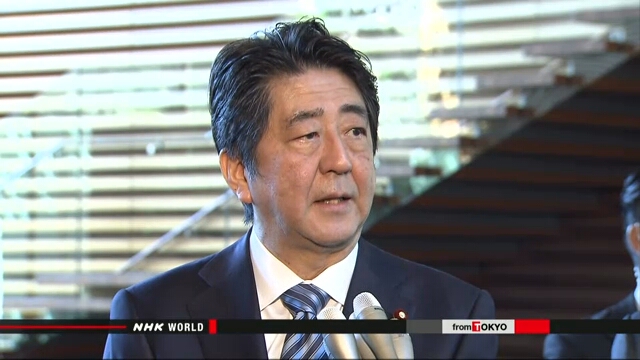
Japanese Prime Minister Shinzō Abe officially announced on Monday that Japan is extending the nationwide state of emergency due to the new coronavirus disease (COVID-19) pandemic to May 31.
The current state of emergency was set to end on May 6, at the end of Japan’s Golden Week holidays.
Tokyo, Osaka, and 11 other prefectures will continue to remain under the same state of alert, but governments in other prefectures will work toward balancing preventing the spread of the disease with resuming economic activities.
Nikkei had reported on Wednesday that the government was planning on extending the state of emergency nationwide. The report noted that COVID-19 has yet to subside in Japan, and areas of Japan such as Tokyo are struggling to slow the disease’s spread.
As of Sunday, Japan has reported 15,789 cases of the virus (including 712 cases from the Diamond Princess cruise ship), with 549 deaths (including 13 deaths from the Diamond Princess cruise ship).
Abe declared a state of emergency in Tokyo, Kanagawa, Saitama, Chiba, Osaka, Hyogo, and Fukuoka from April 7 to May 6. Kyoto Governor Takatoshi Nishiwaki asked the Japanese government on April 10 to add Kyoto to the state of emergency. Aichi Governor Hideaki Ōmura similarly asked the Japanese government on April 16 to add his prefecture to the list, and then independently declared a state of emergency on April 17. Hokkaido had lifted its own three-week state of emergency on March 19, only to declare a second state of emergency on April 12.
Abe then announced on April 16 that the national government expanded the state of emergency nationwide until May 6. As required by the newly enacted law that allowed for this declaration, Abe met with the government’s COVID-19 task force of experts before formally announcing the expansion.